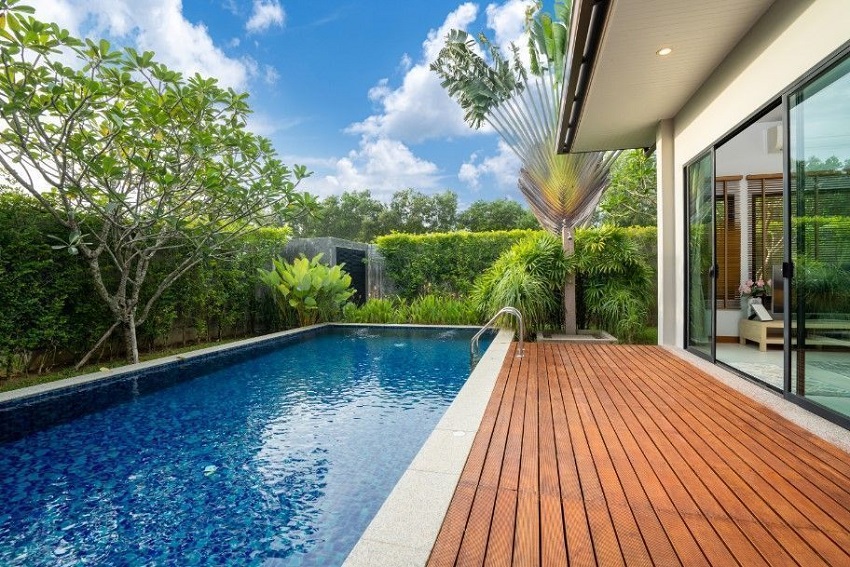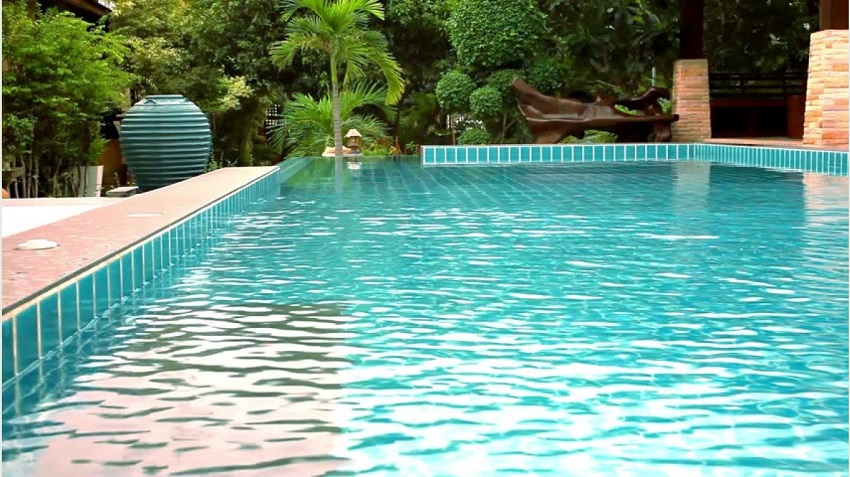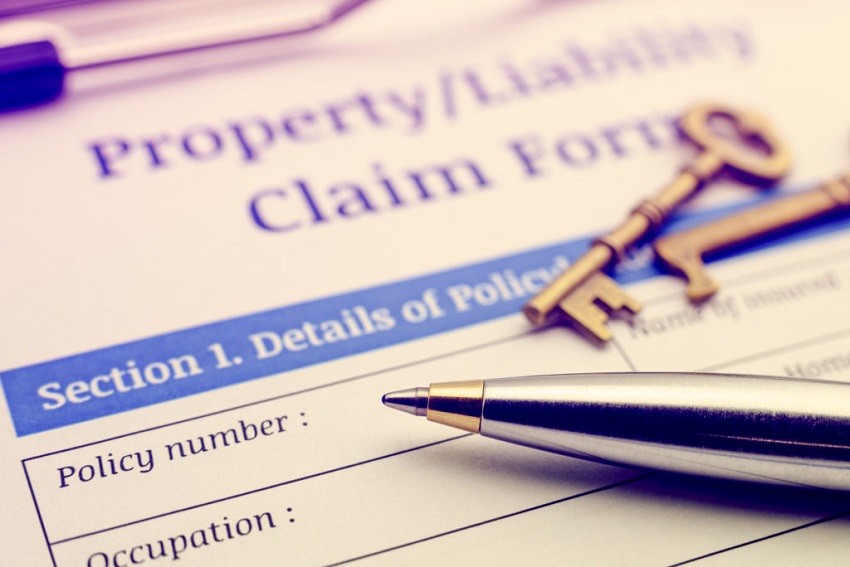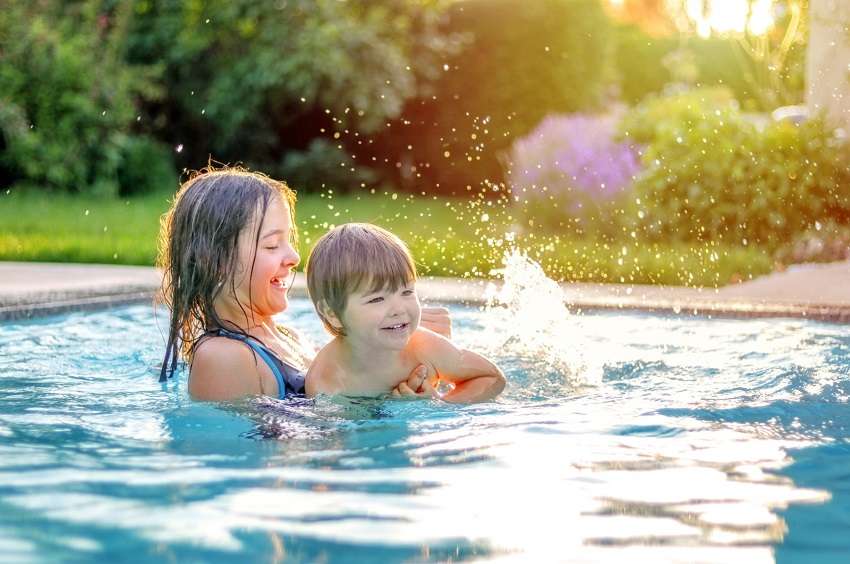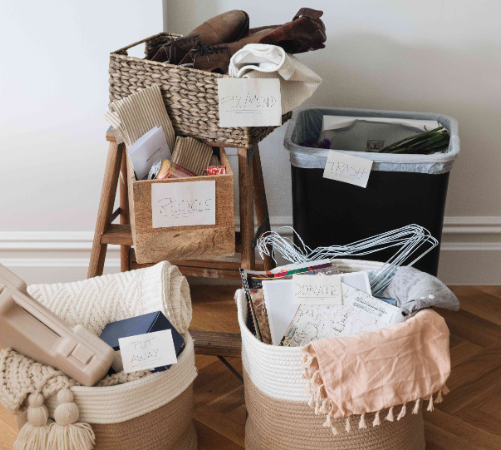Having a pool is a wonderful addition to any home. It provides a refreshing escape from the summer heat and creates a fun gathering space for friends and family. However, owning a pool comes with the responsibility of proper maintenance to ensure its longevity and cleanliness. In this article, we will explore the essential steps to maintain a pool and keep it in optimal condition. The content is presented by https://sevenfrigo.net/
Regular Skimming and Cleaning
To keep your pool water clean and clear, regular skimming is essential. Use a pool skimmer to remove leaves, debris, and other floating particles from the surface. Additionally, clean the pool walls and floor using a pool brush and vacuum. This helps prevent the buildup of algae and other contaminants.
Maintain Proper Water Chemistry
Pool Maintenance is important for ensuring a safe and enjoyable swimming experience. To maintain proper water chemistry, it’s essential to test the water regularly using a pool testing kit. This will help you measure the pH levels, chlorine levels, alkalinity, and calcium hardness. You may need to adjust these levels as necessary to ensure proper balance. When adding chemicals like chlorine and pH adjusters, always follow the manufacturer instructions carefully. By taking these steps, you can ensure that your pool stays clean and safe for everyone to use.
Monitor and Adjust Water Level
Check the water level of your pool regularly to ensure it remains within the recommended range. Evaporation, splashing, and backwashing can cause the water level to drop. Use a garden hose to fill the pool if needed, but be cautious not to overfill it.
Regular Filter Maintenance
The pool filter plays a vital role in keeping the water clean by removing impurities. Clean or backwash the filter regularly to ensure its effectiveness. The frequency of cleaning depends on the type of filter you have—consult the manufacturer’s guidelines for proper maintenance.
Adequate Circulation
Proper circulation is essential for maintaining water quality. Run the pool pump for an adequate number of hours each day to ensure all the water is filtered. Circulation helps distribute chemicals evenly and prevents the buildup of algae and bacteria.
Maintain the Pool’s Surroundings
Keep the area surrounding your pool clean and free from debris. Trim trees and bushes to prevent leaves from falling into the pool. Regularly check and clean the pool skimmer and pump baskets to remove any trapped debris.
Regular Inspection for Leaks and Damage
Periodically inspect your pool for any signs of leaks or damage. Check the pool structure, equipment, and plumbing for cracks, leaks, or unusual noises. Address any issues promptly to prevent further damage.
Winterizing the Pool
If you live in an area with cold winters, proper winterization is necessary to protect your pool from freezing temperatures. Follow the manufacturer’s guidelines to winterize your pool, including draining the water to the appropriate level, covering the pool, and adding necessary chemicals.
Safety Measures
Safety should always be a top priority when maintaining a pool. Install a pool fence or barrier to prevent unauthorized access, especially if you have young children or pets. Ensure that safety equipment, such as lifebuoys and first aid kits, are easily accessible.
Regular Professional Servicing
While regular maintenance can be done by homeowners, it’s also important to schedule professional pool servicing. Professionals can conduct thorough inspections, identify potential problems, and provide specialized cleaning and maintenance services.
Conclusion
Owning a pool brings immense joy, but it also requires consistent maintenance to ensure its longevity and safe use. By following these essential maintenance steps, you can keep your pool clean, safe, and inviting for years to come.
FAQs (Frequently Asked Questions)
- How often should I test the water chemistry in my pool?
It is recommended to test the water chemistry at least once a week. However, during periods of heavy pool usage or extreme weather conditions, more frequent testing may be necessary.
- Can I use regular household bleach as a substitute for pool chlorine?
No, it is not recommended to use regular household bleach as a substitute for pool chlorine. Pool chlorine is specifically formulated for pool use and has the appropriate concentration and stabilizers.
- Is it necessary to run the pool pump continuously?
The pool pump should run for a sufficient number of hours each day to ensure proper circulation and filtration. The recommended duration varies depending on factors such as pool size, climate, and bather load.
- How can I prevent algae growth in my pool?
To prevent algae growth, maintain proper water chemistry, regularly clean and skim the pool, and ensure adequate circulation. Additionally, consider using an algaecide as a preventive measure.
- When should I contact a professional pool service provider?
You should contact a professional pool service provider if you encounter complex maintenance issues, major equipment malfunctions, or if you need assistance with pool opening and closing procedures.

